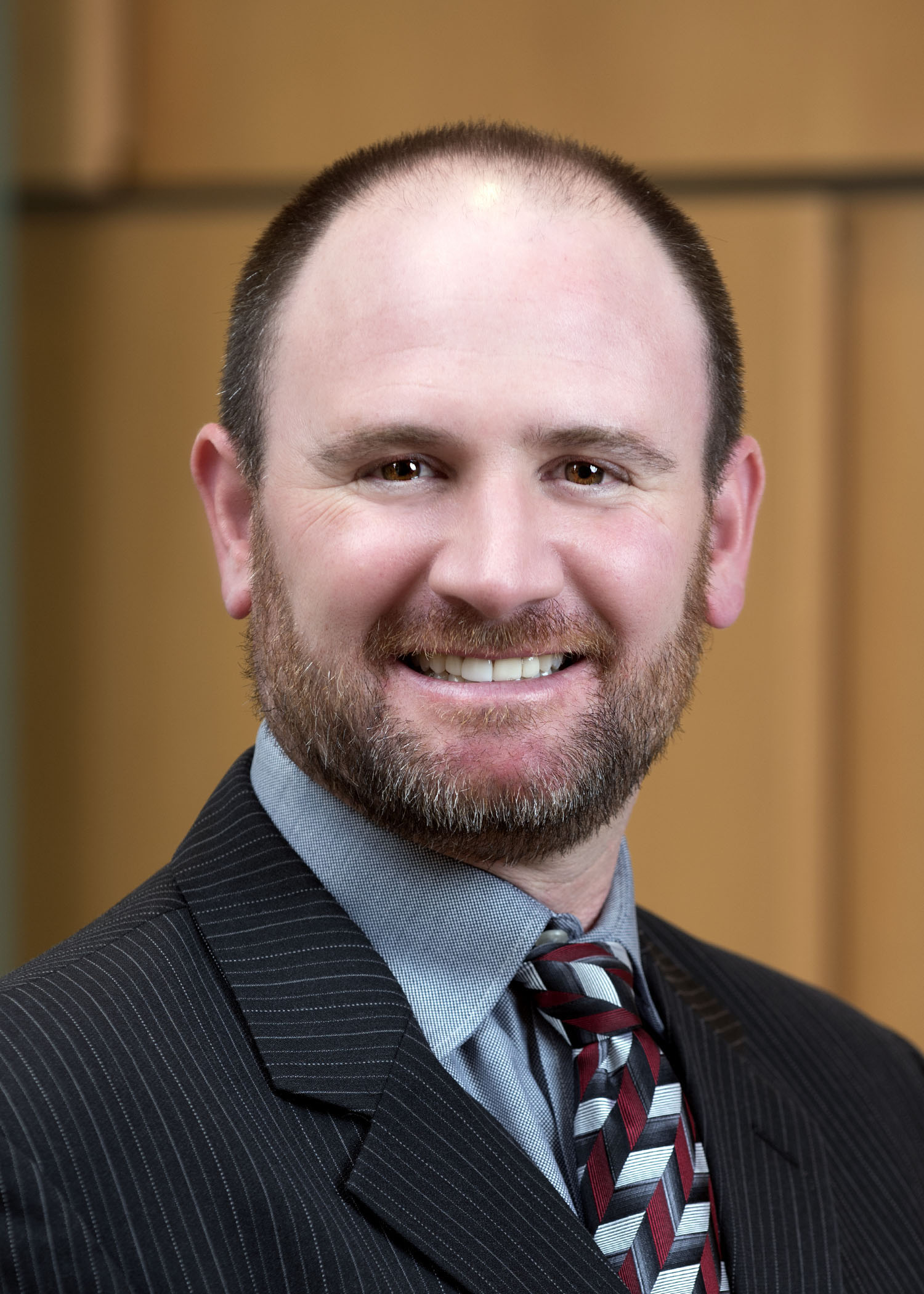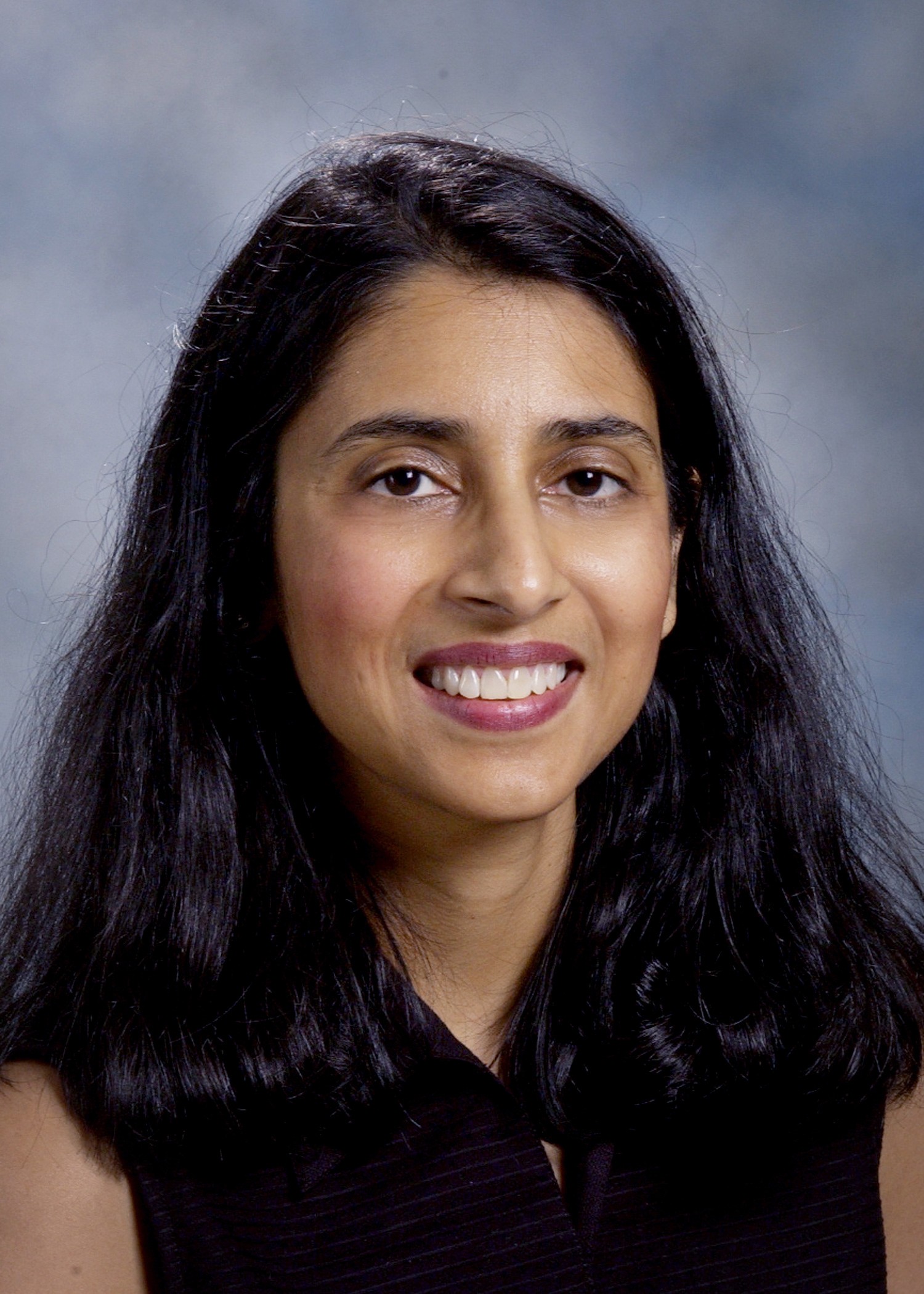RO Volunteers Successfully Dealing with Remote Duties
by Rodney Campbell, ABR Communications Manager
2020;13(5):9
Among the important ABR activities impacted this year by the COVID-19 pandemic are the in-person volunteer meetings that normally take place in Chicago and Tucson. Radiation oncology volunteers, like their counterparts in the other three specialties, have been meeting remotely via Microsoft Teams since March.
The role these professionals play in developing questions and compiling exams is critical. They are the ones who make initial certification exams and Online Longitudinal Assessment fair and relevant. Continuing those duties remotely has been an adjustment.
 Michael Yunes, MD, is chief of the division of radiology/oncology at Baystate Radiation Oncology in Massachusetts. He serves as chair of our lymphoma oral exam committee. His committee has met sporadically since the pandemic began.
Michael Yunes, MD, is chief of the division of radiology/oncology at Baystate Radiation Oncology in Massachusetts. He serves as chair of our lymphoma oral exam committee. His committee has met sporadically since the pandemic began.
“The in-person meetings are a very large component to the exam development and assessing appropriateness of questions, answers and variety of approaches,” Dr. Yunes said. “This is more difficult to do remotely.”
Remote working brings numerous challenges, from Internet connectivity to missing the camaraderie that’s built during in-person meetings. The volunteers are still functioning well as a team, but they miss the traditional format.
“I greatly enjoyed getting to know many of the examiners and staff personally and hope at some point that we can resume face-to-face meetings,” Dr. Yunes said.
 Anuja Jhingran, MD, is a professor in the department of radiation oncology at the University of Texas’ MD Anderson Cancer Center in Houston. She’s also the chair of our GYN computer-based exam committee.
Anuja Jhingran, MD, is a professor in the department of radiation oncology at the University of Texas’ MD Anderson Cancer Center in Houston. She’s also the chair of our GYN computer-based exam committee.
She agrees with Dr. Yunes: remote exam preparation is working but she prefers in-person duties.
“I learn so much about my program and get great research or collaboration ideas during these connections that is so important for me,” Dr. Jhingran said.
Over the past six months, ABR staff have been using the Teams video component extensively. That experience is making virtual exam planning easier for volunteers. Dr. Jhingran has participated remotely in assembling the GYN section for the computer-based exam and the Angoff process.
“I have to say the reason why the format worked so well both times that I used it was because of how well the staff was prepared,” she said. “The remote format definitively was more efficient, and the staff was more prepared and really helped move the format forward. If it was not for the staff, I do not think this format would work so well.”


